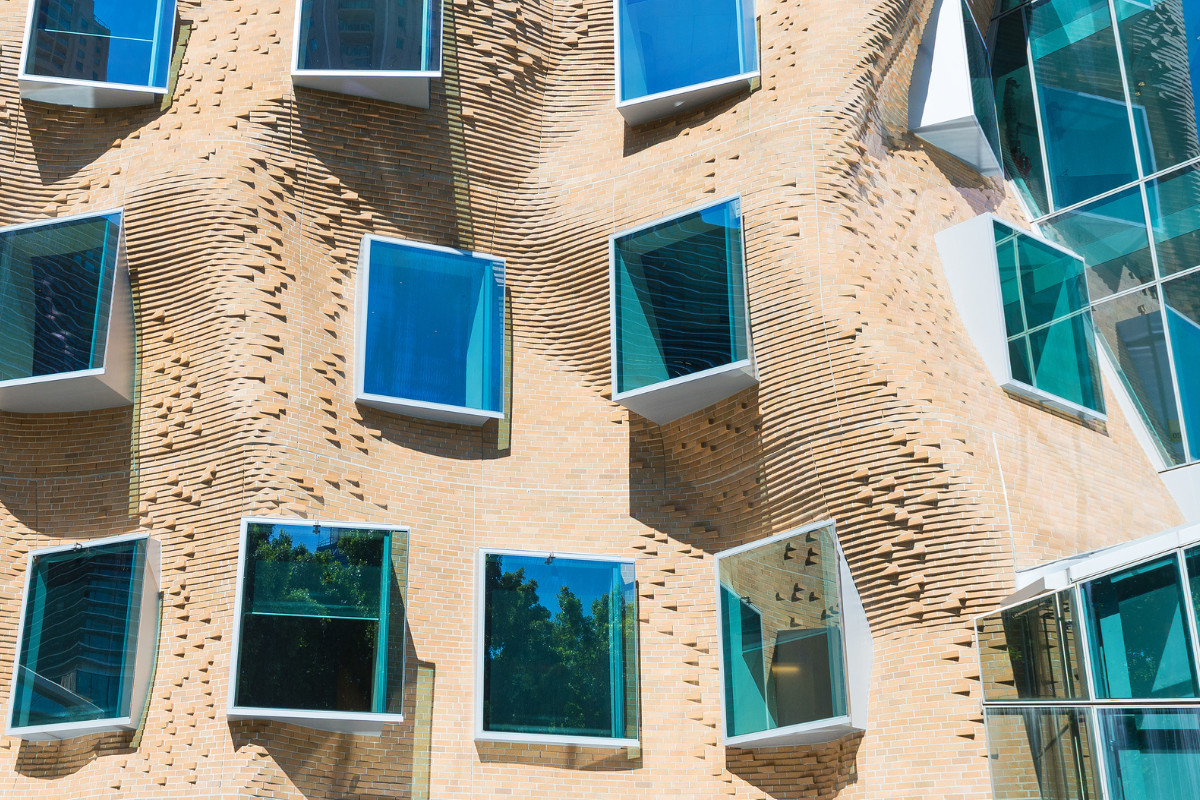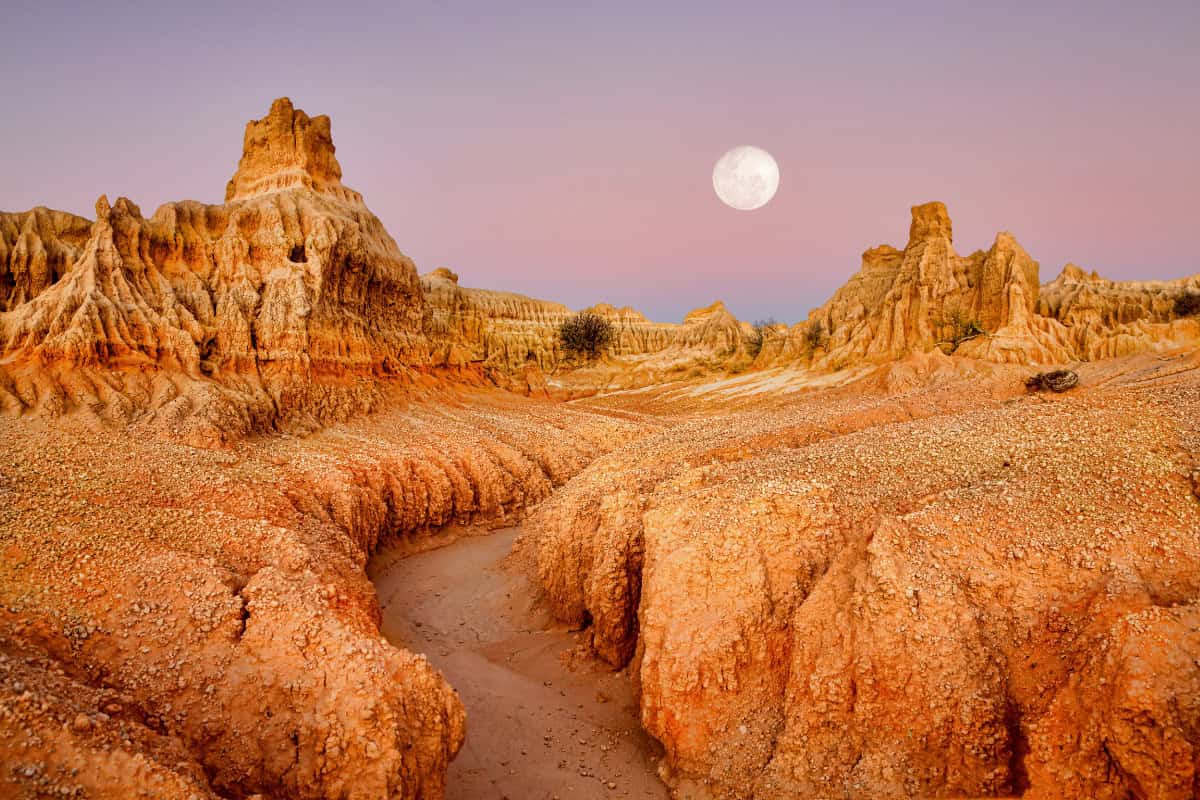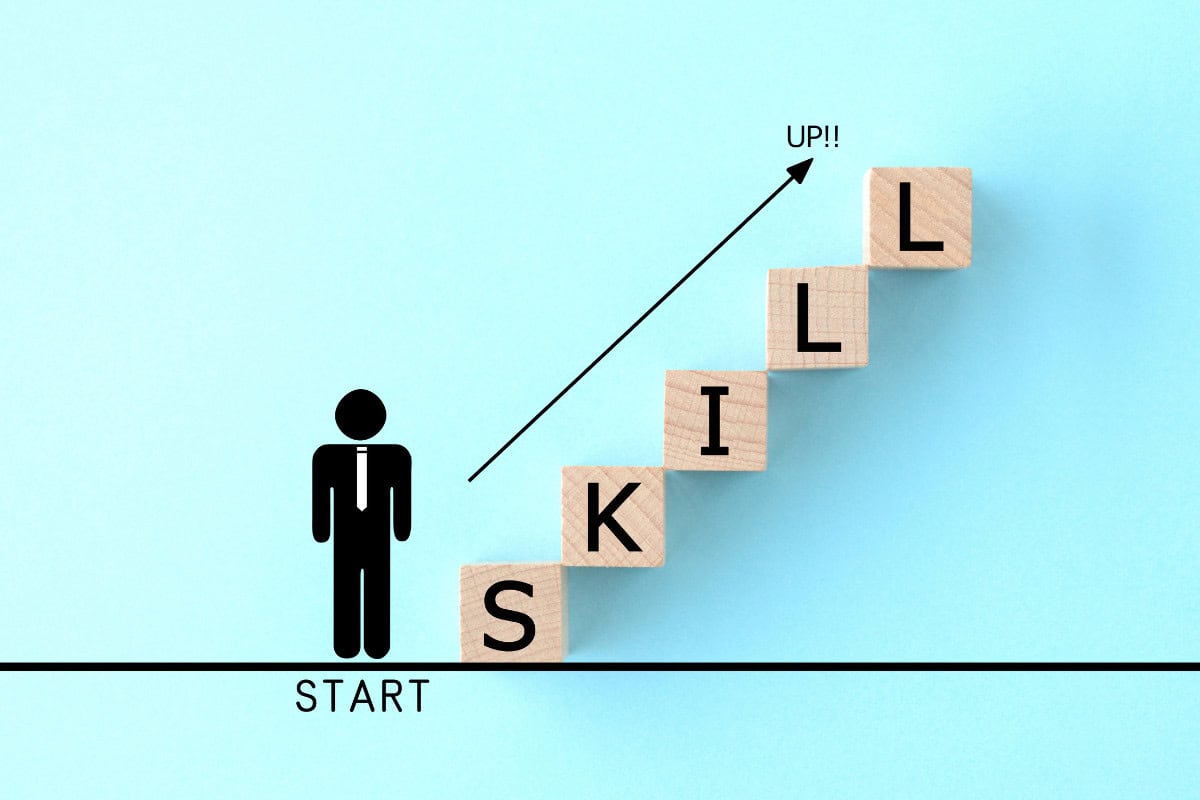As Australia marks the 20th anniversary of our national reconciliation walks of 2000, the Australian Academy of the Humanities (AAH) acknowledges the role and contribution of Indigenous researchers and knowledge custodians in telling and sharing our national story.
“Australia’s humanities researchers have played a central role in recognising Indigenous culture, history, knowledge and practice as foundational to this story’, said Academy President, Professor Joy Damousi.
“As an Academy, we have much more to do in appropriately recognising and celebrating the role of Indigenous researchers and knowledge custodians in this work.”
In June 2020, the AAH will launch its new five-year Strategic Plan that features reconciliation and recognition as a key commitment.
“The Plan will see a renewed focus on recognising outstanding Indigenous researchers and community leaders who have so generously shared their cultural knowledge and practices through collaborations with researchers’, said Professor Damousi. ‘The Academy will also lend its voice and expertise to the agenda for national recognition of First Nations People.”
“Our inability to recognise the distinctive rights that Indigenous Australians hold as the original peoples of this land remains one of this nation’s greatest failings,’ said Professor Damousi. ‘It is both a national embarrassment and a national shame that Australia’s original inhabitants continue to be shunned in this way.”
The COVID-19 pandemic had helped shine a light on what it means to be human, and humane. It has challenged us to work on the most complex issues in a collaborative and collegiate way.
The theme of this year’s National Reconciliation Week is ‘In This Together’.
“There is much talk about a ‘new normal’ as we emerge from COVID-19. We must seize this opportunity to ensure that post-pandemic Australia is place of compassion and pride for all Australians.” said Professor Damousi.
“It is a chance for those who believe in a just, fair and humane society to work collaboratively and redouble efforts for recognition and reconciliation with First Nations People.”



